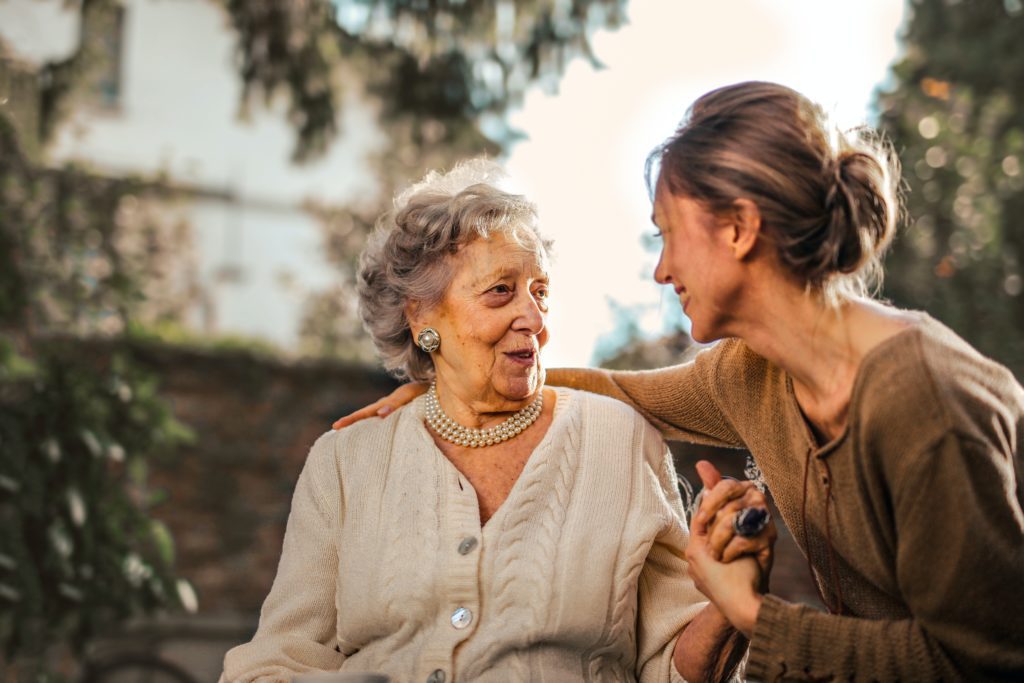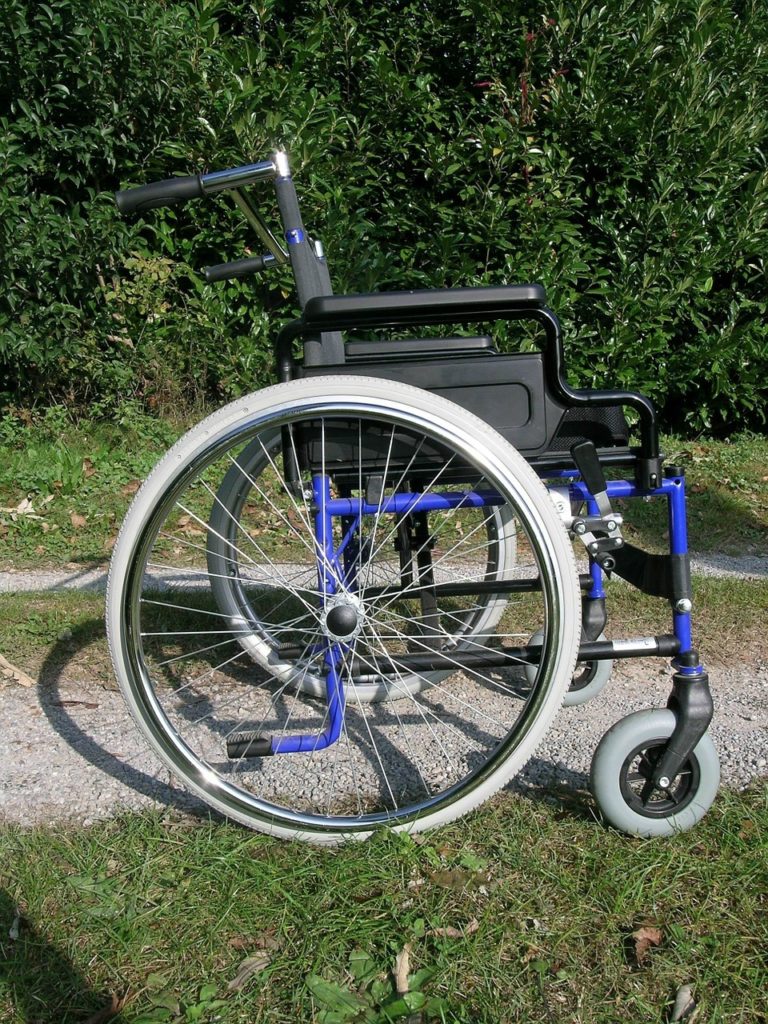Table of Contents
Welcoming Your Finer Years: 13 Types of Elder Care to Consider
As people live longer lives, the proper care of medically challenged, the aging population has become a high-priority issue for those responsible for their well-being. Elder care is no longer a one-stop-shop solution. Just as many diseases and illnesses afflict our elderly, the types and levels of care required will also vary.
Residential care is often the primary caregiver’s first thought. This decision can be overwhelming, as many factors contribute to the choice of a residential care facility such as budget, location, care specialties, etc. Facilities such as brandycare.com provide high quality and personalized care, never losing sight of the individual’s dignity and, as possible, independence.
But, what if the parent wants to stay in their own home? Many older people have lived in their current home for most of their adult life and find it unimaginable to live anywhere else. There are numerous benefits to remaining in your own home with proper care, including:
- Personalized attention
- Comfortable and familiar surroundings
- Close to friends and neighbors
- Pets stay with you
- Likely more cost-effective.
We must make sure that the whole house is prepared to accompany them during these years. There are appliances, such as a microwave for elderly with dementia that will simplify the task of preparing meals and will make the home a safe and comfortable place.
An important factor to consider when developing a home care plan is the type of care required. You might be surprised at the wealth of available options to enhance home elder care.
1. Full-time care.
Some people are simply not able to be alone, yet they still do not want to leave their homes. Hiring a full-time, live-in care provider is the perfect answer. The elderly person will receive all of the perks of living at home, including companionship around-the-clock, which is often lacking in the lives of elders. Family and friends benefit because they know their loved one is safe and receiving individual, full-time care and attention while maintaining a good quality of life.
2. Part-time care.
But, what if full-time care is not necessary, at least not yet? While family, friends, and the patient can provide care throughout the day, overnight can be a difficult time. Having a healthcare provider spend the night is a valuable resource for help to the bathroom, preparing a midnight snack, or simply providing comfort for those disturbing middle-of-the-night awake moments. Arranging for the same caregiver (or two) is ideal, as having a different person every night might not be the best solution.
Furthermore, to ensure the comfort and hygiene of your loved one during overnight care, consider using disposable mattress pads to protect their bedding and make cleanup more convenient. These pads can help prevent discomfort and maintain a clean sleeping environment, promoting better sleep and overall well-being for your loved one.
3. Dementia care.
Dementia is a generalized term for the loss of cognitive abilities and behavioral functions to the extent that it interferes with the person’s ability to live independently. There are several types of dementia, with the most commonly known being Alzheimer’s disease (see #4). When interviewing caretakers for dementia, it is vital they have previous experience with dementia patients and associated training.
4. Alzheimer’s disease care.
Alzheimer’s disease, the most common form of dementia among older adults, is a progressive and irreversible condition that ultimately results in the inability to perform the simplest of tasks like teeth brushing or even putting on clothes. A person with Alzheimer’s can remain at home under strict care from a properly trained and experienced health professional. Remaining in a familiar place would be a benefit since so much else will become unfamiliar. Proper care of the home is important, including the removal of physical barriers throughout the house.

5. Respite care.
Respite care is simply providing much-needed relief to the primary caregiver, whether it be a spouse, a child, or a medical professional. It can range from an hour or two a day to a week or longer while the primary caregiver is on vacation. As with the other categories of care, the type of care required will drive the respite caregiver’s selection.
6. Parkinson’s disease care.
Parkinson’s disease is a neurological brain disorder that begins gradually, and the symptoms, typically physical, progress until the patient is often not able to walk and talk. Because of the slow progression of the disease, the caretaker requirements may increase over time. As with dementia and Alzheimer’s, a caretaker with prior experience and training with Parkinson’s is the best choice.
7. Rehabilitation care.
Rehabilitation care is just that—caring for a person who is recovering from an injury, illness, or medical procedure. This will typically be shorter-term than the previously mentioned care types but may require the caretaker to have very specific skills and abilities depending on what the patient is recovering from. For example, a large person who underwent orthopedic surgery may need to be lifted or, at the least, assisted out of bed. Someone strong and trained in properly moving injured patients would be appropriate.
8. Multiple Sclerosis (MS) care.
MS is another disabling disease, similar to Parkinson’s (#6), involving the central nervous system. MS patients typically have remissions and relapses, but they end up with mobility and movement limitations over time. A unique requirement for MS caretakers is to keep the patient as healthy as possible by providing exercise, healthy eating habits, and independence when at all possible. Again, a trained and experienced caretaker in this field is ideal.
9. Spinal care.
If someone has sustained a spinal injury or undergone spinal surgery, a home healthcare professional will likely assist with personal care such as bathing and bathroom needs, at least in the beginning. As the patient regains some independence, physical rehabilitation may become a focus. As with rehabilitation care (#7), very strict criteria should apply to the choice of caretaker.
10. Bariatric care.
Bariatric care focuses on the treatment and prevention of obesity. The tasks of a trained and experienced bariatric caregiver would include not only weight-impaired mobility and other health issues but may also include cooking and nutrition counseling. Depending on the size of the person requiring care, more than one caregiver might be required for physical activities.
11. Palliative care.
Palliative care is also referred to as end-of-life care. Its goal is to improve the quality of life for both the patient and the family when faced with a life-threatening disease or illness. The caregiver’s goal is to prevent and relieve any undue suffering while the patient navigates the death process. Palliative care can begin as early as 12 months before death or as late as the same day. This care requires a special person whose sole goal is to ensure the patient’s physical and mental comfort.
12. Physical disability care.

Physical disability is a broad category ranging from brain and spinal cord injuries to visual and auditory infirmities. The specialized caretaker should assist with an illness or injury and support the patient’s quest for independence and self-reliance. Get NDIS plan management or other equivalent insurance programs to understand supports covered by your funds.
13. Learning disability care.
A learning disability is a condition in which a person isn’t able to acquire knowledge in the same way or at the same speed as their peers. This is typically not associated with or resulting from a physical condition. A specially trained caretaker will assist the patient with their overall health and care needs, something the patient might not be able to process on their own.
Determining the proper home care for your elder may seem overpowering at times and, frankly, it is. But, by identifying the exact type of elder care required, you are taking the first step toward a solid and successful medical plan.
Featured Photo by Georg Arthur Pflueger on Unsplash




